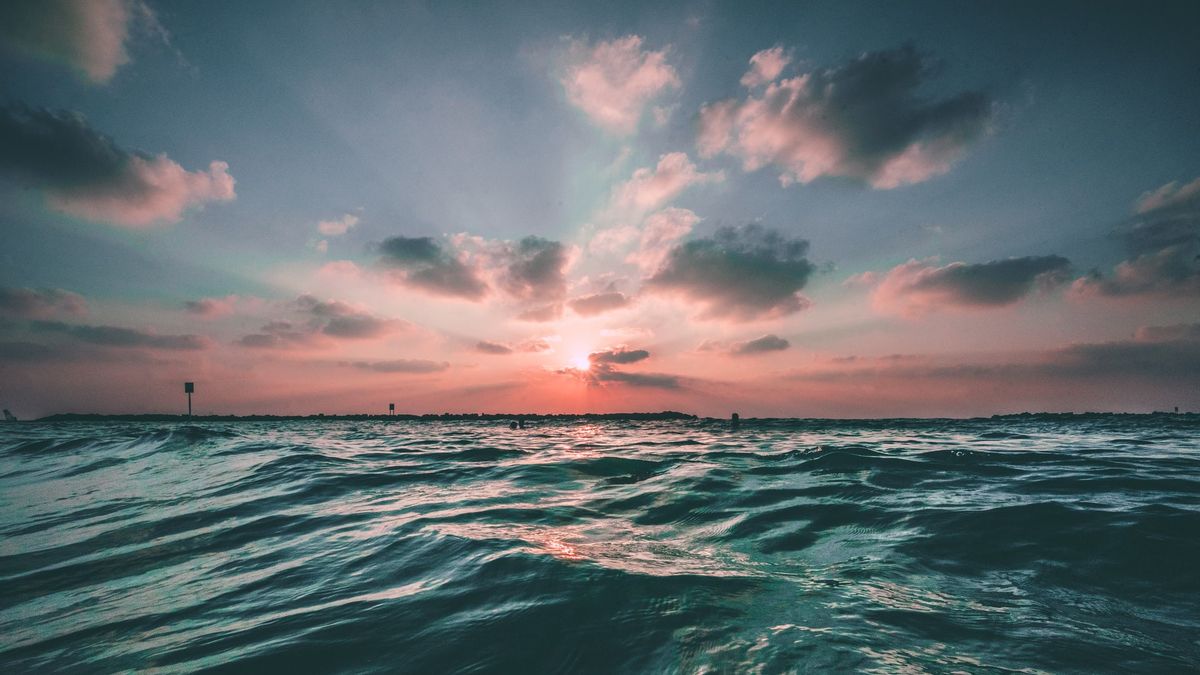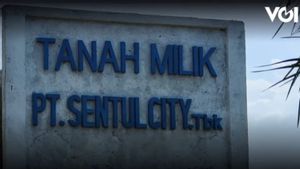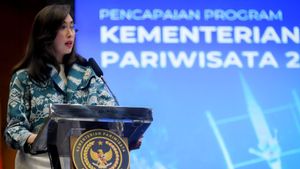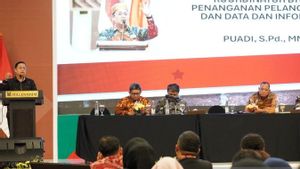JAKARTA - A study states that seawater in Jakarta Bay contains paracetamol. The study of water pollution on the coast of the capital city was published in a journal entitled Science Direct in August 2021.
In response to this, the Public Relations of the DKI Environment Agency, Yogi Ikhwan, said that his party did not know that Jakarta seawater contained paracetamol. So far, the water content is only checked in general.
"We don't examine these parameters. We monitor the quality of seawater with general content, such as BOD (biological oxygen demand) levels, and heavy metal levels. For paracetamol specific parameters, we don't go there specifically", said Yogi when confirmed, Friday, October 1st.
Yogi appreciates the research efforts of paracetamol content conducted by researchers. To follow up, Yogi admitted that the Department of Environment will investigate the contents to find out the source of the pollution.
"Indeed, the researcher researched something more specific. Maybe because he had a certain experience, that's why we thought that way. We'll check it out later, we can measure parameters later", said Yogi.
After getting the data related to the paracetamol content, Yogi said that his party would make a policy to control seawater pollution.
"That's pollution because it's not in the right place. How come Paracetamol is in the sea, anything that is not in its place, anything that exceeds its level in a place is classified as pollution", he explained.
SEE ALSO:
It is known, the results of the research on the paracetamol content carried out revealed that Angke had a high concentration of Paracetamol, which was 610 ng/L, and Ancol was 420 ng/L.
This study is the first study to analyze the picture of seawater quality related to paracetamol contamination in coastal waters around Indonesia. However, scientists say this preliminary overview study still requires further analysis.
"Given the consideration of drugs as emerging contaminants, these data suggest that further investigation is needed", said the researchers, consisting of Wulan Koagouw, Zainal Arifin, George WJ Olivier, and Corina Ciocan.
The English, Chinese, Japanese, Arabic, and French versions are automatically generated by the AI. So there may still be inaccuracies in translating, please always see Indonesian as our main language. (system supported by DigitalSiber.id)


















